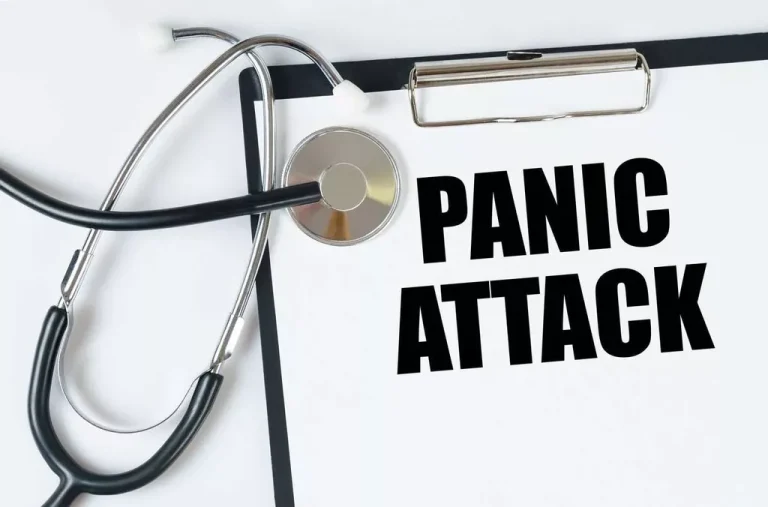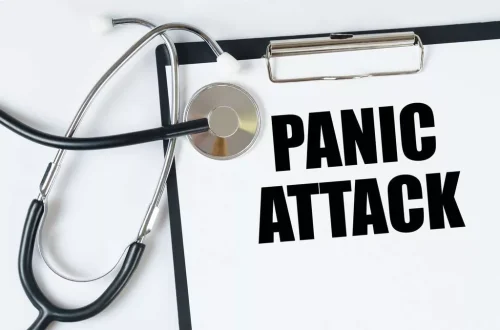How can I get help and support for teen substance use?
- 2024-07-02
- 21:19

If you suspect that you or a friend has an alcohol problem, there are many treatment options available, and the earlier you get help, the better. Talk with a trusted adult, such as a parent, family member, coach, school counselor, doctor, certified substance use counselor, or a leader in your faith community. If you’re a child or teen and are worried about your own or a friend’s drinking, it’s important to reach out to an adult you trust. If you don’t feel you can talk to a parent, reach out to a family friend, older sibling, or school counselor, for example, or call one of the helplines listed below.

Recovery From Consequences of Adolescent Heavy Drinking
- However, research suggests that teen alcohol abuse can be an important problem.
- You might also need to get familiar with support options and resources for your child.
- Your teen may be falling behind at school, disrupting family life, and even stealing money to finance their habit or getting into legal difficulties.
- Nearly 8% of teens who drink say they drink at least five or more alcoholic drinks in a row (binge drinking).
They may also copy your own drinking habits to establish their maturity. Remember that as a parent, your child is much more likely to mimic teenage alcoholism your actions than listen to your words. No matter how much you preach about the dangers of underage drinking, if you reach for a drink to unwind at the end of a stressful day, your teen may be tempted to follow your example.
- While teen drinking rates are declining, it is still present and teens should be able to be prepared to navigate peer pressure and the avaability of alcohol.
- Half the sample was enriched for key characteristics conveying risk for heavy drinking among adolescents (i.e., family history of substance use disorder, youth externalizing or internalizing symptoms, and having tried alcohol by age 14).
- Parents and teachers can play a meaningful role in shaping youth’s attitudes toward drinking.
- The teenage years can often be challenging and stressful, and it’s not unusual for people to turn to alcohol as a way of coping with their issues.
How to Talk to a Teen about Alcohol
If you have concerns about your child’s alcohol use, you may want to reevaluate and make changes to your own drinking habits as well. Worried about the dangers and consequences of underage drinking? There are ways to help your teen cope with the pressures to drink alcohol and make better choices. Without treatment, youth who drink excessively as teenagers are more likely to become problem drinkers than adults. Depending on the severity of alcohol misuse, the youth’s prognosis can be significantly improved by interventions ranging from involving the teen’s parents to having the teen participate in Alcoholics Anonymous (AA) or more intensive treatments. It can be hard to know what to do if your child has a drinking problem.

Use of Other Substances

That means they have a tendency to get drunk quicker and stay drunk longer than older drinkers. Allow your teen to talk and open up about their thoughts and https://ecosoberhouse.com/article/cognitive-dissonance-treatment-in-sober-living/ opinions, and try to listen without being critical, disapproving, or judgmental. They want to feel heard and understood, so even when you don’t like or agree with what they’re saying, it’s important to withhold blame and criticism. This style of passive parenting, centered on support, non-judgement, and unconditional love, still allows you to appropriately discipline your child. But it can help your child feel that you are coming from a place of love and concern, rather than anger.

The Recovery Village aims to improve the quality of life for people struggling with a substance use or mental health disorder with fact-based content about the nature of behavioral health conditions, treatment options and their related outcomes. We publish material that is researched, cited, edited and reviewed by licensed medical professionals. The information we provide is not intended to be a substitute for professional medical advice, diagnosis or treatment. It should not be used in place of the advice of your physician or other qualified healthcare provider.
